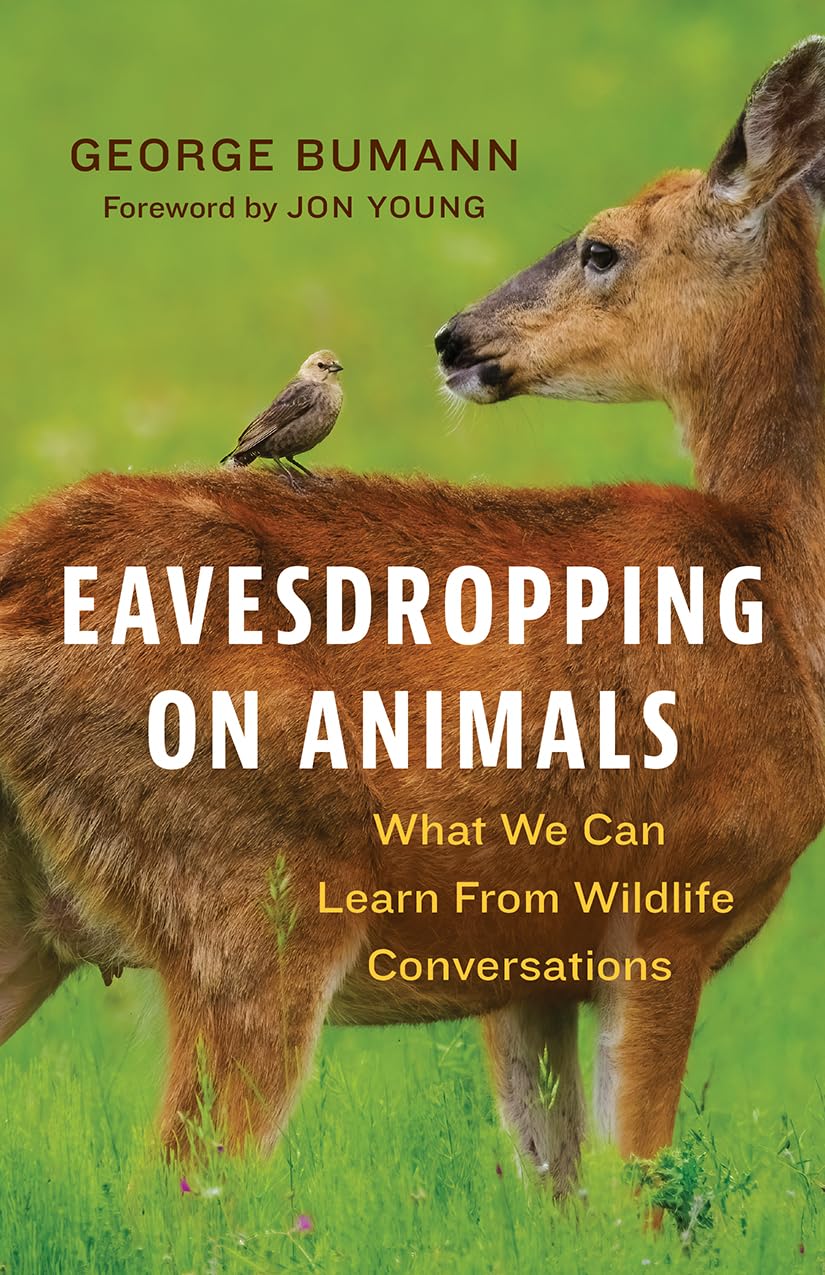
There are millions of dogs (and other pets) in England. Many are much-loved animal companions to elderly people who due to age or illness, are now unable to walk dogs. Obviously there is a market for vetted dog-walkers to earn a living. But for those unable to afford hourly fees, volunteer dog walkers can help, also offering other services like feeding, pet-taxis and fostering (for hospital stays).
Yet many people would love to live with dogs, but for various reasons are not able to (home allergies or circumstances, lack of a garden, work commitments etc). So this is a great way to help your community. You can volunteer for private individuals, or for shelters (well-exercised dogs are usually fitter and happier and less boisterous, making them more calm when people visit shelters, increasing chances of being adopted to a loving home). Volunteer dog walkers also free up the time of those who run shelters, who often are very over-stretched.
If walking dogs (volunteer or otherwise), research local parks and beaches (including which ones have bans before travel). Read this book to keep your dog safe, to learn of toxic foods, plants and other items to avoid (covers heatstroke, collar safety and simple illustrated first aid).
volunteering for The Cinnamon Trust
The Cinnamon Trust is the only specialist national charity providing pet assistance to owners who are grappling with aging or a terminal illness, seeking to keep the treasured relationship people have with their beloved pets for as long as possible. The charity is named after the founder’s 17-year-old Corgi (who sadly died just before the charity was launched) and relies on a dedicated network of volunteers to help with dog walking, pet care, short-term fostering, and long-term fostering, ensuring that pets receive the care and love they deserve for when their owners can no longer be there for them.
Each pet is carefully matched with volunteers based on location and background, ensuring a safe and nurturing environment for both. Volunteers also have the opportunity to become short-term fosterers, stepping in during times of need such as hospital stays; or long-term fosterers for pets whose owners Profiled them with the charity. Through the Pet Profiling process, owners entrust the charity to make thoughtful decisions for their pet’s wellbeing and future for when the owner has to either move into a permanent care home or sadly pass away. The Trust gathers information about each pet’s needs, personality, and medical history, supporting the search of finding the perfect forever home.
This ensures that every pet’s journey is filled with love, care, and companionship, providing a home-to-home environment. The Trust oversees all animals in long-term foster homes and pays all veterinary bills, and where particular diets are necessary, The Cinnamon Trust also pays for food.
Leave a Codicil in your Will and keep alongside a (free) Dogs Trust Canine Care Card as back-up, to find loving homes after you die.
more dog walking volunteering opportunities
You can of course just volunteer to walk dogs by word-of-mouth. You may also wish to walk dogs for relatives. Another idea is to contact your local charity that helps carers. Many offer dog-walking services, and could refer you to dog guardians who could use some support.
Dogs Trust and Blue Cross are two national adoption charities, which both always have need for volunteers to walk dogs, foster and drive pets to vets. The latter also welcomes volunteers with space or experience to groom and/or foster horses.
Keep Your Pet (Yorkshire) is a good example of a regional service. Volunteers offer assistance for vulnerable pet guardians through walks, feeding, taxis and foster care. If you have experience, why not set up something similar?
If you’ve lost an animal friend, Blue Cross offers a free phone bereavement service, run by trained counsellors, for a listening understanding ear.
TimeBanks are a popular idea which gives everyone the chance to earn the same ‘hour of time’, which is used to ‘buy’ services from someone else. After the administrator sets up the software, everyone lists their skills (and qualifications/insurance if needed). This idea fills the gaps in society (carers, dog-walkers) that councils often can’t supply. So volunteer dog walkers can ‘earn hours’ to receive services from another (different) TimeBanker. Say fixing a creaky gate or running shopping errands.
Wag and Company (northeast) is a dog charity that befriends volunteer guardians and dogs to visit older isolated residents in care homes and hospitals. If dogs are suitable, this is a great way to keep a furry ‘cuddle monster’ happy by receiving and giving fuss to those who perhaps have lost animal companions of their own (and also have a regular friendly chat).
..or become a (more affordable) dog walker
Although many people require volunteer dog walkers, demand usually outstrips supply. So that leaves everyone else in need of a paid dog walker, if they are unable to walk dogs themselves. And that’s fine, as it’s a good job if you love walking dogs, are grounded enough not to panic when things don’t go to plan, and have the necessary skills. Although a teenager helping out to walk a small dog around the block won’t need much else, if you’re going to turn your walking into a business, it helps to get your paperwork in order. If possible, take a first aid course, a dog-walking course and liabilty insurance. It also helps to invest in some hi-visibility jackets.






